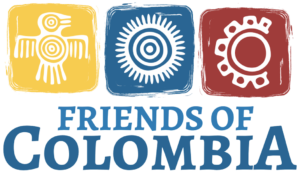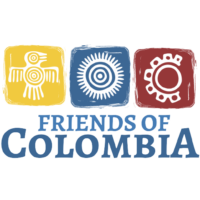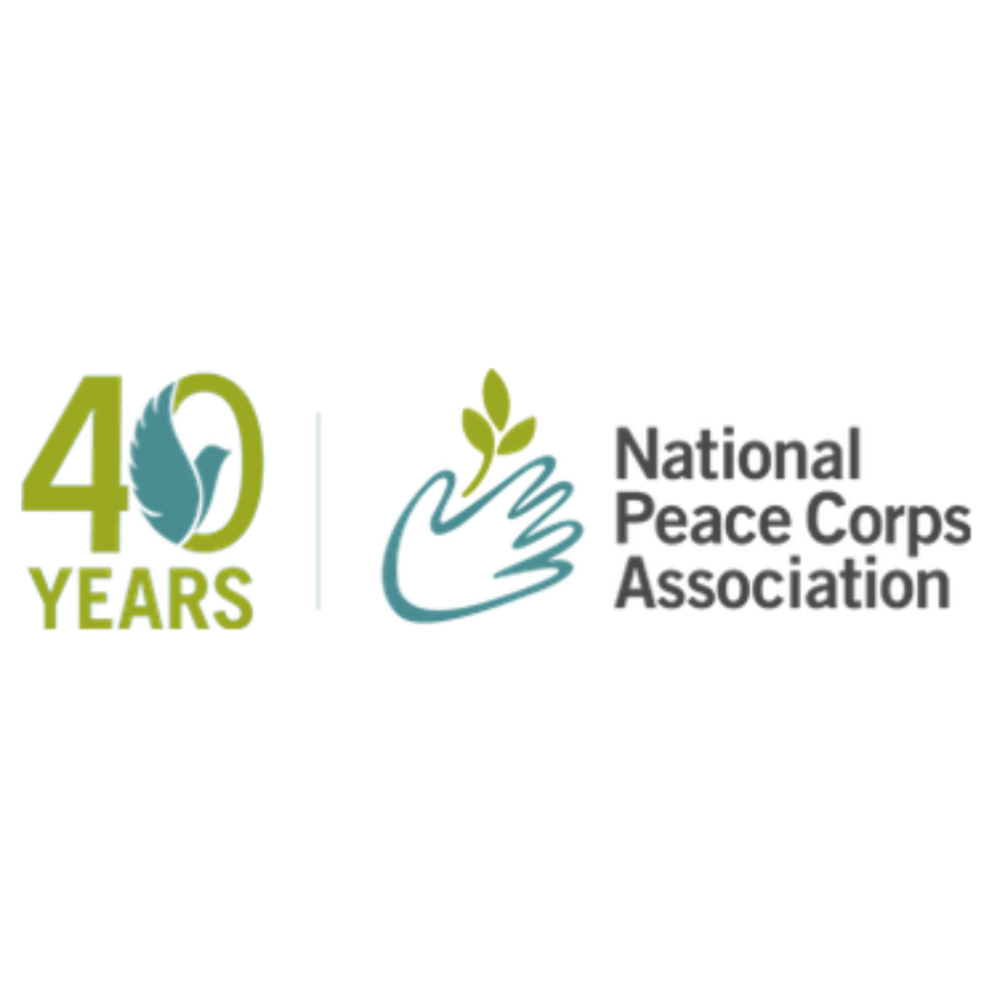Austin, Texas, June 21-23, 2019
FOC Editorial Note: Peace Corps Connect is an event intended to unite RPCVs. It offers a space to think critically about the weight of the Third Goal, the duty we have to tell the story of our host nations and its peoples to the American public. The following Report was drawn from notes taken by RPCV (2017-19) Cutter Ulhorn at the Conference, in which he contrasted his experiences against those of Volunteers in the 1960s
RPCVs are an odd bunch. They go against the grain: they care and continue to care, not just because they are required to care, but because this experience has left so indelible an impact on them that they can’t help but share. Are we Peace Corps or Posh Corps? It’s a question we asked ourselves many times during service, often when we found ourselves in AC or WiFi, looking out at the glistening waters of the Caribbean. The fear was that, our lives were not as hard as we imagined they were, and our concrete brick, tin roofed class room ovens were the all expenses paid resort to someone else’s 27 months in hell.
Peace Corps entered Colombia in 1961, without cell phones, internet, or any of the modern technology that increasingly seem like necessities for a successful service. Compared to them, were we even Volunteers! It’s true that the Colombian pueblo of the 1960s had only one phone (if that), unpaved streets, lacked running water, and maybe electricity. But as Volunteers shared more about their challenges, it seemed our experiences weren’t so dissimilar—despite a difference of decades, we served in many ways in the same service.
At no point during my experiences in Colombia was it lost on me what a privilege it was to be there. While my friends in the States were sitting in traffic, there I was, living large on the Caribbean coast. Never did Colombia feel like anything less than a blessing, but when Volunteers get together, we didn’t always focus on the bright parts. We spent so much time looking at the differences, those places of friction, that we missed how slowly, how easily this country had entered and become a part of us in the most charming and enduring ways. In fielding questions about Colombia to conference goers who had never been there, I was surprised by just how much Colombia had become “mine”. Though I’m not a citizen, and my experience with that country will only be a brief window in 2017-2019, the Colombia then and now, what it will be, are just as much a part of me as Texas is—and coming from Texas, you can believe those are fighting words!
Perhaps the most important thing that I took away from this Conference was a sense of community with a group of people much wiser (and grayer) than me. While America is a divided country, the chance to sit and share life with people 40 to fifty years my senior is a rare event. To sit and learn, and strangely, to share this bond, well … something durable and vibrant has persisted inexplicably, year after year, through presidencies, evacuations, re-entries, crisis, downturns, upturns, marriages, births and deaths. It was a potent reminder that imperfect and broken people from imperfect and broken nations can meet and change one another in ways they couldn’t have possibly imagined.
[Edited by Jerry Norris]



